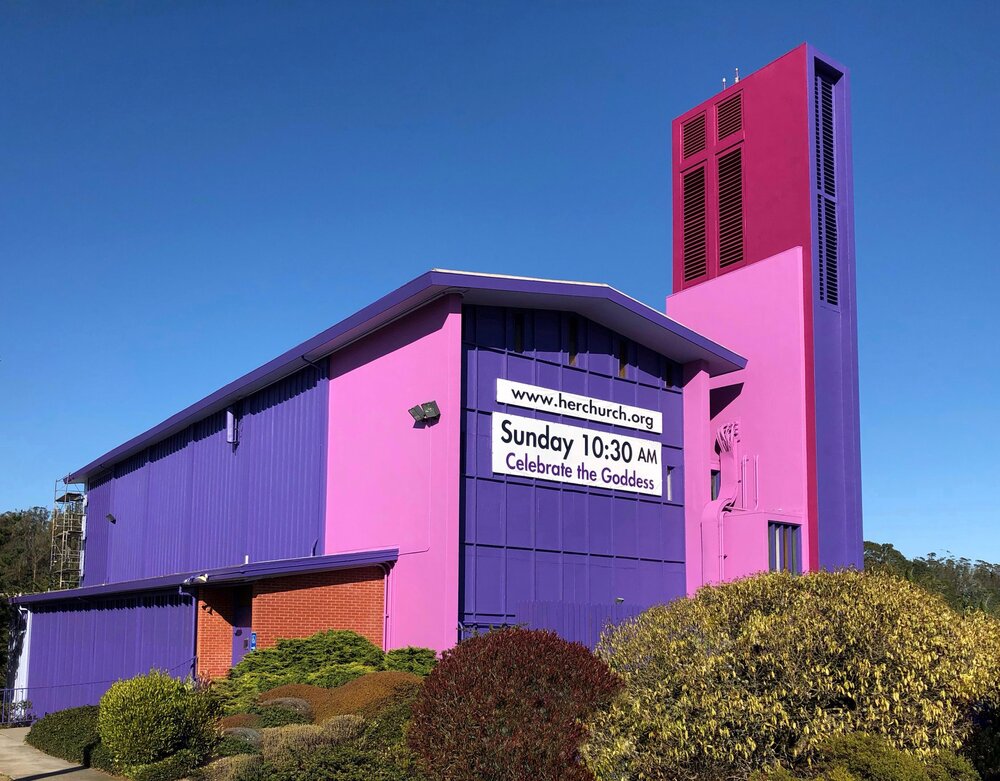
1) National conservatism is seen as an intellectual outgrowth of the nationalist and populist presidency of Donald Trump, but the religious positions of the fledgling movement have not been spelled out. That changed, however, with the recent issuing of a manifesto for the movement. The document features such MAGA faithful as Charlie Kirk of Turning Point USA, Julie Kelly of American Greatness, and the Manhattan Institute’s Chris Rufo, but also former establishment conservatives such as Roger Kimball, the Hoover Institution’s Victor Davis Hanson, and retired Vanderbilt University political science and law professor Carol Swain. The manifesto, or statement of principles, issued in June by Yozam Hazony’s Edmund Burke Institute and co-drafted by the American Conservative’s Rod Dreher and First Things editor Rusty Reno, advocates for the “traditional family, built around a lifelong bond between a man and a woman,” and a strong role for “public religion.” The document calls for a biblically based orientation “to the political traditions of the nation, to public morals, to the defense of the weak, and to the recognition of things rightly regarded as sacred.” It asserts that in a country like the U.S., where a “Christian majority exists, public life should be rooted in Christianity and its moral vision, which should be honored by the state and other institutions both public and private.”
Yet the manifesto makes room for Jews and other religious minorities, who are to be “protected in the observance of their own traditions, in the free governance of their communal institutions, and in all matters pertaining to the rearing and education of their children. Adult individuals should be protected from religious or ideological coercion in their private lives and in their homes.” The preamble of the document expresses an interest in “discourse and collaboration with movements akin to our own in India, Japan, and other non-Western nations,” even while Abrahamic monotheism is viewed as the only “enduring foundation for viable nationhood.” Although formally linked to national conservatism, the manifesto did not include the “integralists,” a small group of conservative intellectuals pressing for a Roman Catholic role in political life, such as Sohrab Ahmari, Patrick Deneen, Gladden Pappin, and Adrian Vermeule. (Source: The Bulwark, June 22)

2) herchurch, formerly known as Ebenezer Lutheran Church in San Francisco, “is an emerging, liberating feminist congregation in the Christian-Lutheran denomination,” more precisely the Evangelical Lutheran Church in America (ELCA). The congregation, long a center of controversy in the ELCA, has recently become more explicitly pagan (while retaining its Lutheran affiliation), celebrating the divine feminine while the church building has been turned purple in order to honor the Goddess, to be in solidarity with women and all persons who are oppressed and denied equal rights, and to advocate for marriage rights for all people. Herchurch, once the mother church of Swedish Lutherans on the West Coast, could be described as “Christopagan,” and one of the priestesses, who offers astrological readings, is introduced as the “resident witch.” While herchurch represents an obvious target for critics of the ELCA such as blogger Dan Skogen, who has written some 30 articles about the congregation on his site Exposing the ELCA (https://www.exposingtheelca.com), it is not alone in the understanding that some pagan expressions might be associated with the Christian tradition. (Source: Zeitschrift für Religion und Weltanschauung, February)
